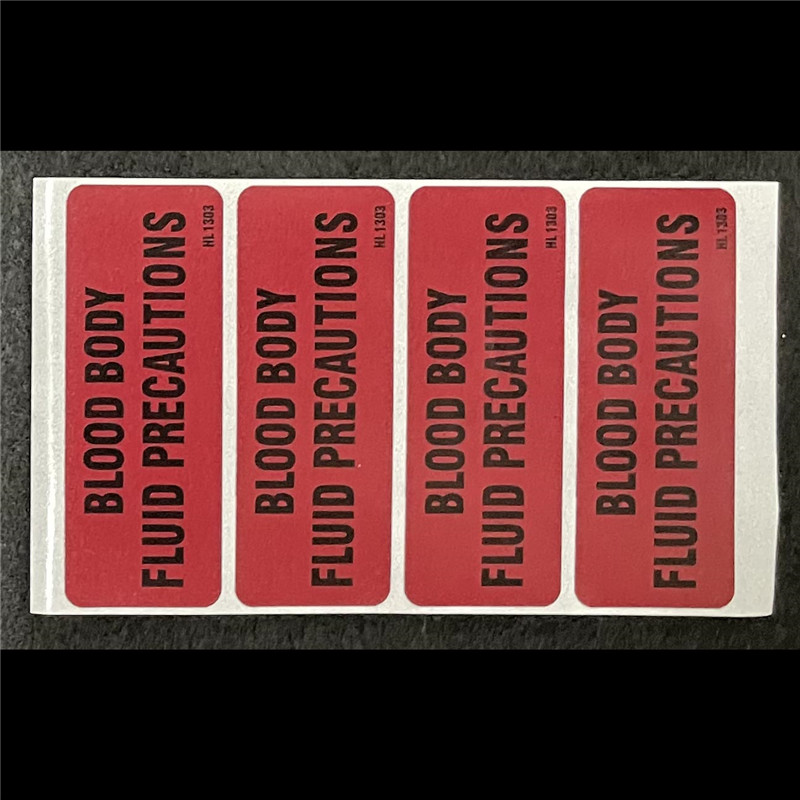डिस . 04, 2024 10:20 Back to list
Medical Body Bag Manufacturing Facility and Production Insights
The Vital Role of Medical Body Bags in Healthcare
In the realm of modern healthcare, the importance of maintaining the highest standards of hygiene and efficiency cannot be overstated. Among the myriad of medical supplies that ensure the safe and respectful handling of deceased individuals, medical body bags stand out as a crucial component. These specialized bags, often overlooked, serve essential purposes in hospitals, morgues, and disaster response scenarios. This article aims to explore the significance of medical body bags, their manufacturing process, and the ethical considerations surrounding their use.
Understanding Medical Body Bags
Medical body bags, also known as human remains pouches or cadaver bags, are designed specifically for the transport and storage of bodies. They are typically made from durable, non-toxic materials, resistant to fluids and punctures, which is vital for maintaining hygiene and safety standards. The design of these bags prioritizes functionality and respect, ensuring that the dignity of the deceased is preserved even in death.
The primary functions of medical body bags include protection from environmental factors, prevention of contamination, and facilitation of transport. They are indispensable in situations such as hospital deaths, crime scenes, and during natural disasters where multiple fatalities occur. The ability to securely contain and transport deceased individuals helps healthcare workers adhere to regulations and standards, ultimately protecting public health.
The Manufacturing Process
The production of medical body bags involves several key steps to ensure they meet the required specifications for safety, durability, and usability. The process begins with the selection of high-quality materials, typically polyethylene or other robust polymers, which are chosen for their impermeable properties. Manufacturers must adhere to strict safety and quality control protocols to ensure that each bag can withstand the demands of its intended use.
After selecting the materials, they are cut and sewn into the appropriate sizes and shapes, accommodating various body sizes. Many body bags come equipped with features such as double zippers, handles, and identification tags, facilitating easier handling and tracking during transport. Furthermore, the bags are often tested for leakage and durability, ensuring they can fulfill their crucial role in a variety of scenarios.
medical body bags factory

Ethical Considerations
Despite their pragmatic function, the use of medical body bags raises significant ethical questions. Handling deceased individuals requires compassion and care, and healthcare providers must approach this aspect of their work with sensitivity. The use of body bags, while necessary for safety and sanitation, can sometimes evoke distressing emotions for both the families of the deceased and the healthcare professionals involved.
To navigate these ethical concerns, training and protocols are essential. Healthcare workers must be educated about the appropriate language and practices when discussing the use of body bags with grieving families. Transparency and empathy are crucial in these interactions, ensuring that the dignity of the deceased is always maintained.
The Impact of Technology
Advancements in technology have also influenced the design and functionality of medical body bags. Innovative features, such as antimicrobial coatings and improved sealing mechanisms, enhance safety and hygiene. Some manufacturers are exploring biodegradable options, aligning with global sustainability goals while still addressing the needs of healthcare facilities.
Additionally, the ongoing COVID-19 pandemic has highlighted the critical role of body bags in managing deceased individuals amid infectious disease outbreaks. The need for specialized body bags capable of containing biohazardous materials has underscored the importance of continuous innovation in this field.
Conclusion
Medical body bags are an indispensable part of the healthcare infrastructure, providing a necessary service with dignity and respect for the deceased. As manufacturers continue to innovate and improve these essential tools, the focus must remain on balancing functionality with ethical considerations. In doing so, they not only uphold public health standards but also foster compassion and respect for life, even in its final moments. As we continue to navigate the complexities of healthcare, the role of medical body bags will remain critical, reflecting our collective commitment to honoring the deceased and providing care in all circumstances.
-
100% Waterproof PVC/PEVA Kids Poncho | Hoodie Rain Wear
NewsAug.21,2025
-
PVC/PEVA Sleeves: Durable Protection for Workshop & Labour Safety
NewsAug.19,2025
-
Waterproof Kid Apron with Sleeves: PEVA/PVC for Painting Fun!
NewsAug.18,2025
-
36x90" Double Zipper Post Mortem Bag - Secure & Reliable
NewsAug.17,2025
-
Waterproof PVC/Vinyl Work Apron - Heavy-Duty Protection
NewsAug.16,2025
-
Heavy Duty Post Mortem Bag - 36x90, Double Zipper
NewsAug.15,2025





